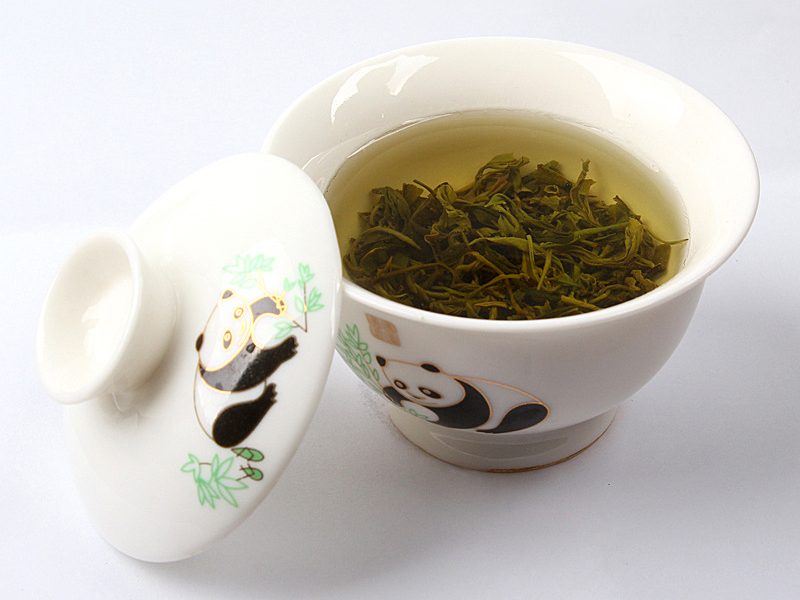
The Artemisia annua plant, also known by the common name "sweet wormwood," and a derivative of the plant called "artemisinin" is often used in what is called "artemisinin combination therapy," or ACT for short. The chemical extract is used in combination with other drugs in an effort to combat malaria. But, a new report has documented how even though the pharma treatment and the plant may have a common compound, the two are worlds away from each other in terms of effectiveness. Indeed, the whole plant saved lives where the drugs could not.
An international team was led by Pamela Weathers, Ph.D., a professor of biology and biotechnology at Worcester Polytechnic Institute (WPI), who has spearheaded the use of dried leaves from sweet wormwood in the treatment of malaria. The team documented efforts to treat 18 malaria patients in the Congo, who were not responding to conventional treatment with ACT therapy. Under compassionate use laws, doctors were able to treat the patients with a new therapy for malaria that's still pending approval, and it's made from only the dried leaves of the Artemisia annua plant.
In a shocking twist, all 18 patients made a full recovery within just five days of treatment. All of the patients were critically ill, and one patient -- a five year-old child -- had even fallen into a coma. The patients ranged in age from as young as fourteen months to 60 years old. Two of the 18 patients were pediatric while the remainder were adults.
Initially, these 18 patients were treated with ACT, but when that failed, doctors turned to intravenous artesunate, which is the go-to medication for severe malaria. But again, this was no to avail.
As WPI reported, "As a last resort, doctors turned to dried-leaf Artemisia (DLA), a therapy developed and extensively studied by Weathers and her team at WPI. After five days of treatment with tablets made from only the dried and powdered leaves of Artemisia (which has been prepared and analyzed using methods developed by Weathers and postdoctoral fellow Melissa Towler), all 18 patients fully recovered. Laboratory tests showed they had no parasites remaining in their blood. (Weathers noted more than 100 other drug-resistant patients also have been successfully treated with DLA tablets.)"
It's expected that these patients would have died without the whole plant intervention. Weathers commented that the 100 percent recovery rate was "just amazing" to witness. Even if it was a small study, the results are beyond impressive.
Drug resistance in malaria is a growing problem. ACT was initially developed to help combat this problem, but malaria parasites are now also showing signs of resistance to combination therapy. Past research, which Weathers was also a part of, has shown that whole plant treatment with the sweet wormwood plant could be quite promising in human malaria cases. In earlier research, Weathers and her co-authors showed that the whole plant could be used to overcome resistance to artemisinin and could help to slow down the evolution of malaria drug resistance.
According to Weathers, the superior performance and ability to evade resistance likely stems from the synergistic effects produced by the myriad of phytochemicals present in the whole plant's dried leaves, which extracted artemisinin doesn't offer. Synthetic medicines are frequently derived from medicinal plants like cannabis, kratom or sweet wormwood, but it seems that scientists may be beginning to open their eyes to the world of natural medicine.
Sources:
PNAS.org [PDF]
Please contact us for more information.























